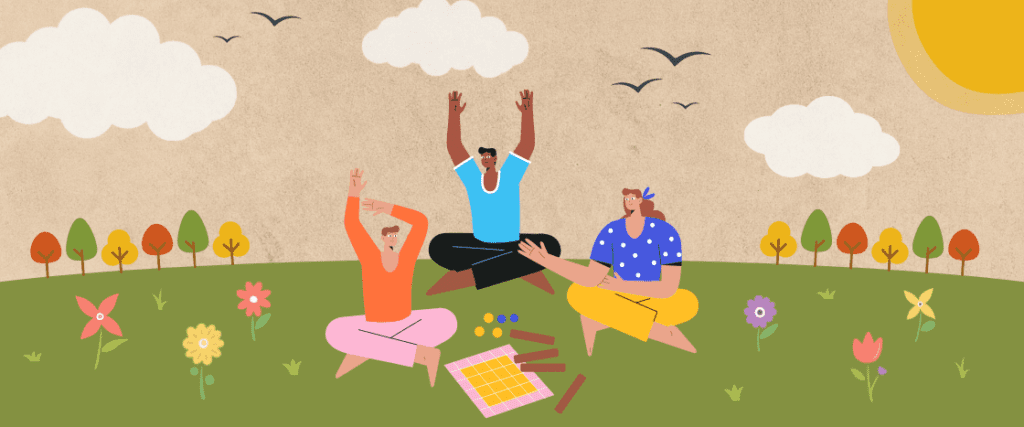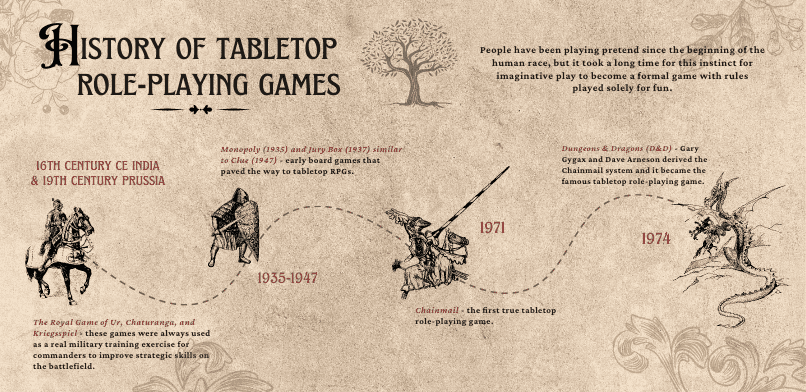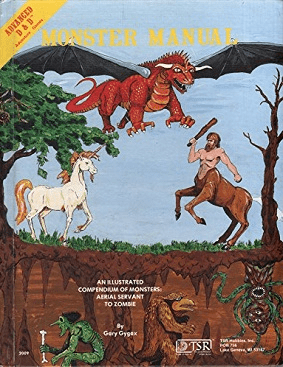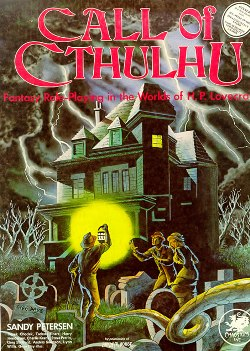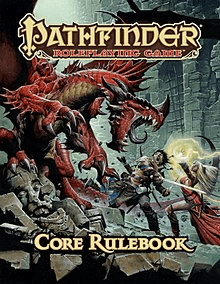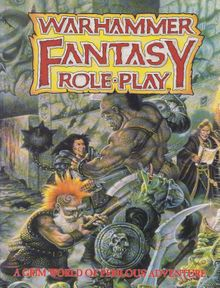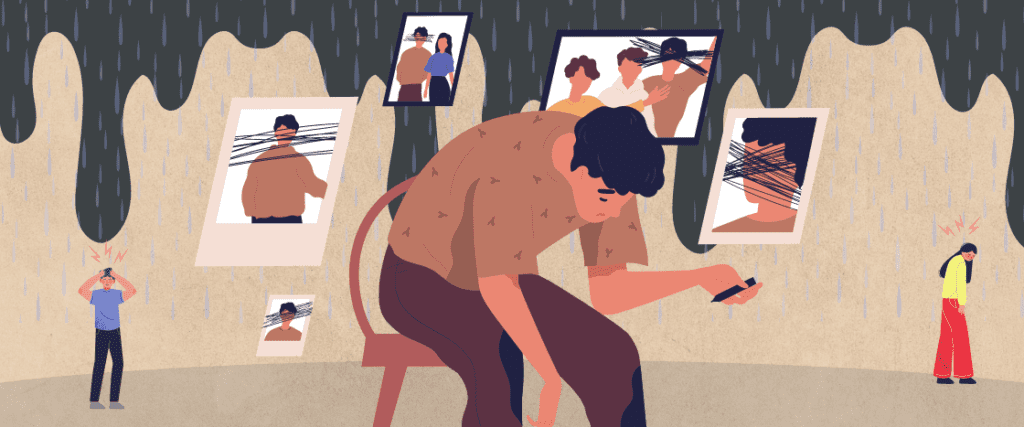
5. Blades in the Dark
This RPG offers a different kind of setting from Dungeons & Dragons’ cloak-and-dagger, Tolkein-esque world. It takes place in an industrial, futuristic world with fantasy elements.
In 2021, around 0.4% of Roll20 users played Blades in the Dark.









